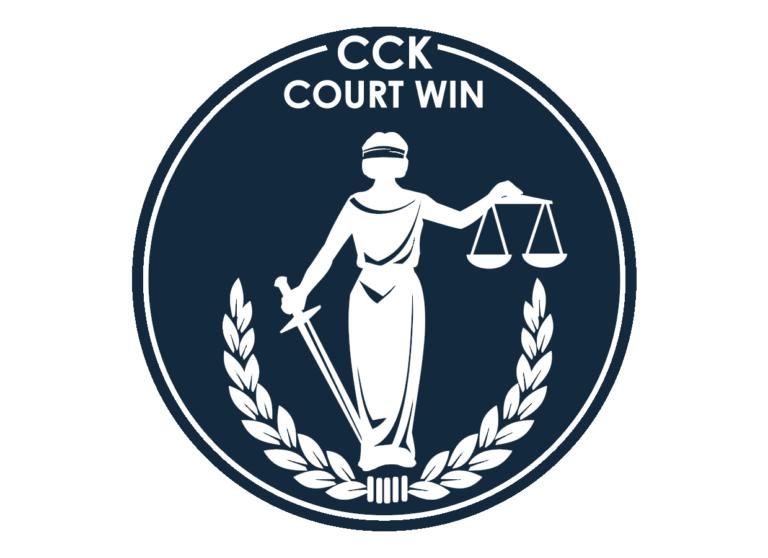Board Erred in Denying Service Connection for Obstructive Sleep Apnea as Secondary to Asthma

Board denies Veteran’s claim for service connection for obstructive sleep apnea
The Veteran served on active duty in the United States Navy from October 1981 to February 2003. In October of 2003, VA granted service connection for the Veteran’s asthma. He then filed a claim for service connection for obstructive sleep apnea in June of 2008, after being diagnosed in April of 2007. However, the Regional Office denied his claim shortly after filing. In September of 2009, the Veteran underwent a VA examination in which the examiner opined the following: (1) the Veteran is less likely than not to have obstructive sleep apnea as secondary due to asthma, (2) he is less likely than not to have asthma as the cause of his obstructive sleep apnea, and (3) his service-connected disability may at least as likely as not cause an acute aggravation of his obstructive sleep apnea, but not permanently. In July of 2013, the Board remanded the Veteran’s claim for an addendum opinion because the September 2009 examiner did not provide any rationale for his opinions.
Following the Board’s remand, the Veteran underwent another VA examination in August of 2013. This time, the examiner concluded that the Veteran’s obstructive sleep apnea is less likely than not due to his service-connected asthma because asthma is not a known cause of obstructive sleep apnea. However, the examiner did not indicate whether his obstructive sleep apnea was aggravated (i.e. permanently worsened) by his asthma. As a result, the Board requested a third opinion in order to address this issue. The June 2016 examiner opined both that asthma is at least as likely as not to cause obstructive sleep apnea and that it is at least as likely as not that the Veteran’s obstructive sleep apnea is not due to or aggravated by his service-connected asthma. The examiner noted that despite the research showing an association between the two conditions, such research does not mean that the Veteran’s specific case of obstructive sleep apnea is linked to his asthma. The Board followed up by requesting an addendum opinion in which the examiner responded that the Veteran’s service-connected asthma did not cause his obstructive sleep apnea and it is at least as likely as not aggravated by his service-connected asthma. Ultimately, the Board denied service connection for obstructive sleep apnea on a secondary basis as a result of these medical opinions.
VA files Joint Motion for Remand with the Veteran’s representative
Following the Board’s denial, both parties filed for Joint Motion for Remand (JMR) as they agreed the Board had failed to provide adequate reasons or bases for finding that aggravation means that the disability permanently worsened beyond its natural progression. In August of 2017, the Court of Appeals for Veterans Claims (CAVC) granted JMR and remanded the matter. Subsequently, on September 7, 2017, the Board informed the Veteran, and his previous representative, that he may submit additional argument and evidence. The Board further noted that all evidence and argument must be submitted “within 90 days of the date of this letter or until the date the Board issues a decision in [his] appeal, whichever comes first”. However, on September 19, 2017, CCK informed the Board that the firm was recently appointed as the Veteran’s representative before VA. CCK also requested a copy of the 90-day letter, if one had already been mailed, and requested that the Board not issue a decision before the end of the 90-day period as there was additional argument and evidence to submit. Nonetheless, the Board denied entitlement to compensation for obstructive sleep apnea as secondary to asthma on November 8, 2017, prior to the expiration of the 90-day period.
CCK argues and the Court agrees
CCK argued the Board erred by relying on VA medical opinions that were inadequate overall. However, VA argued that CCK was precluded from arguing this because the previous JMR only mentioned inadequacies based on permanent worsening. The Court agreed with CCK: the terms of the JMR did not relieve the Board of its duty to address and provide adequate reasons or bases regarding the adequacy of the August 2013, June 2016, and July 2016 VA medical opinions, and CCK is not precluded from now raising arguments concerning these opinions on the Veteran’s behalf. VA also maintained the Court should decline to address CCK’s arguments concerning the adequacy of the VA medical opinions because they should have been raised previously. Again, the Court agreed with CCK, affirming that CCK requested that the Board not issue a decision before the 90-day period to submit additional evidence and argument expired. Since the Board issued its decision prior to the expiration of the 90-day period, the Court did not preclude CCK from raising arguments now. Accordingly, the Veteran’s case was remanded back to the Board.
About the Author
Share this Post
